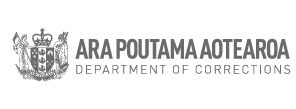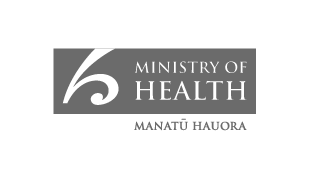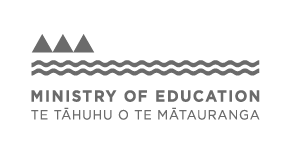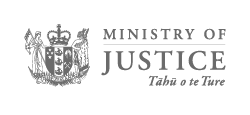Trauma is ongoing for people impacted by violence. Te Aorerekura sets out a need for more appropriate, tailored specialist and whānau-centred healing, recovery, and restoration services.
This is essential to address the intergenerational trauma of childhood exposure to family violence and sexual violence. Many people who use violence have experienced trauma as a child. This trauma is often unaddressed and contributes to the choices they make to use violence as adults.
Direct experience of violence, or exposure to it, has negative impacts on children and young people’s health, education, social development, and future economic wellbeing. People impacted by sexual violence experience significant physical and mental health challenges including impaired personal relationships and drug and alcohol misuse. These can be compounded as children and young people transition into adulthood.
Actions 33-37 of the Action Plan will enable us to increase capacity for healing, and acknowledge and address trauma for people and whānau. These actions are led by different Joint Venture agencies.
Work together with communities, tangata whenua, and specialists to map and understand available services and the gaps and opportunities to improve healing across Aotearoa New Zealand.
Activities
Work together to create national training and education programmes for parents, caregivers and whānau to recognise and respond to harmful sexual behaviours exhibited by children/young people.
Activities
Design regionally based, tangata whenua-led services by local kaupapa Māori suppliers for people with mental health injuries from sexual violence. This is to ensure tangata whenua have greater access to services, improved experiences of ACC care, and better health outcomes.
Activities
Extend and expand whānau-centred models to more communities to support kaupapa Māori service providers to work with whānau experiencing family violence
Activities
Extend and expand the Ngā Tini Whetu(external link) initiative to strengthen families and improve the safety and wellbeing of children through Whānau Ora(external link) and other agency funding.
Activities
For more information, you can reach out to the Joint Venture and other support services through the Contact us page.
Last modified:








